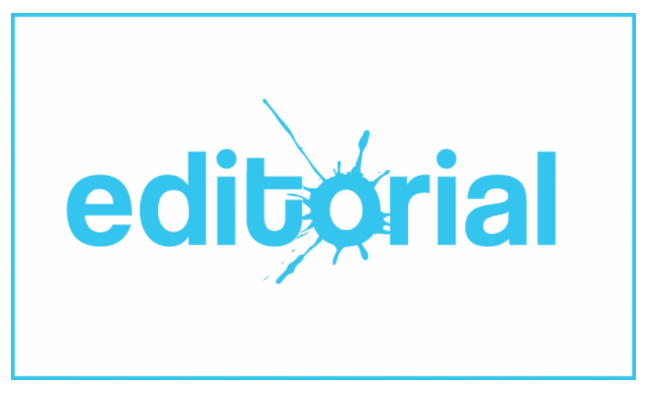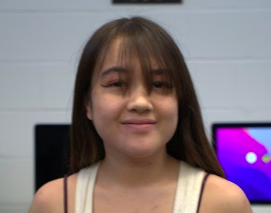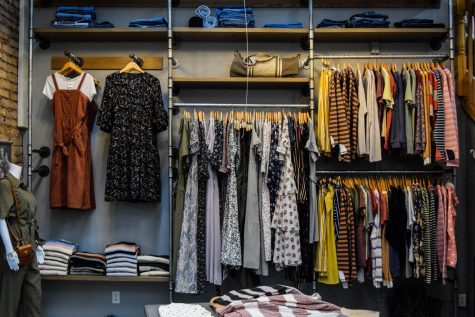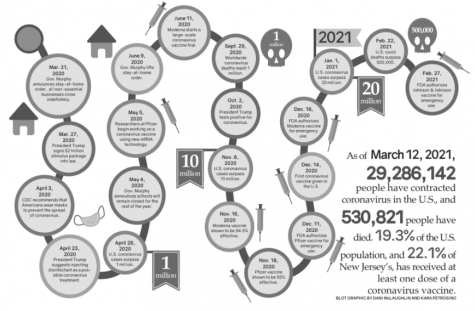We’ve become too tired for us to “keep calm and carry on”
January 28, 2022
By high school, most have begun to break down the walls of perfection that our parents have spent our childhoods building, hiding us from the ugliness of the world. Though we may now recognize this ugliness, we still cling to our childhoods, for we are doing everything we can to avoid the monster that has always been hidden under our beds: uncertainty.
When even our parents cannot grant us solstice from the all-consuming fear of uncertainty, we’ve established religions, written songs and created political campaigns. We’ve manufactured a cottage industry of empty slogans: “Keep calm and carry on” and “Don’t worry, be happy.”
Hollywood too reminds us that, somehow, we will get our happy ending. Even if we are condemned to our tower, our prince will come, slaying dragons and surpassing moats of alligators. We have been taught our whole lives that even if we stand stagnant in our tower, everything will be okay.
The issues with this school of thought begin to arise when this stagnancy extends further than ourselves. It soon becomes glaringly apparent that what is, at its core, denial and escapism, doesn’t remove us from the bad in the world, it just makes us powerless against it. The refusal to acknowledge that there is a problem only leads to its perpetuation.
One doesn’t have to look much further than the response to the COVID-19 pandemic to see this blatant denial in action. The namesake of the past two years has been “these uncertain times,” and while this phrase admits that, yes, the lives we once knew are now hanging in the balance, it still paints a clear picture in our heads of returning to normalcy. The abundance of stress and unpredictability the pandemic has brought with it extends far into the future – it’s ultimately upended our idea of regularity. Yet we still view the current state of affairs as temporary, more focused on the idea that we will, at some point, return everything to the way it was before this, rather than learning to live with the fact that this is simply the way things are going to be for some time.
Toxic positivity, defined by the University of Washington School of Medicine as “dismissing negative emotions and responding to distress with false reassurances rather than empathy,” often quickly devolves into a cyclical way of thinking. When someone is able to convince themselves that no matter what everything will turn out okay in the end, things tend to continue to worsen instead. This leads to them only wanting to burrow deeper into their fantasies, to remain safe in a world where they never have to face uncertainty because they are so sure it will be resolved in the end.
This fixation on the past and a time when everything appeared simpler is no mistake on our parts. The past is always going to appear more favorable because we know what the outcome of every action we took was. The present, however, leads into a blank slate of endless possibility, and this eternal unknowingness is what keeps us firmly rooted to the ground, our backs to unpredictability and our eyes toward a time where we felt safe and comforted, where the colors are a little brighter and everything feels less convoluted. It’s incredibly difficult not to get wrapped up in this feeling.
Waiting for someone else to save us while we stay safe and secure, reassured by an idyllic fantasy where everything has its way of working out is alluring, but we cannot live in these reveries eternally. With any hope at making progress we need to learn to slay the dragon ourselves, so to speak. We must recognize our discomfort in the face of uncertainty, and by doing so we are given the power of choice. We may choose how we want our futures to unfold and what we are willing to do to bring that future to fruition.









